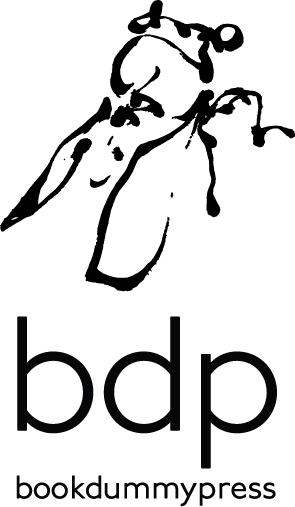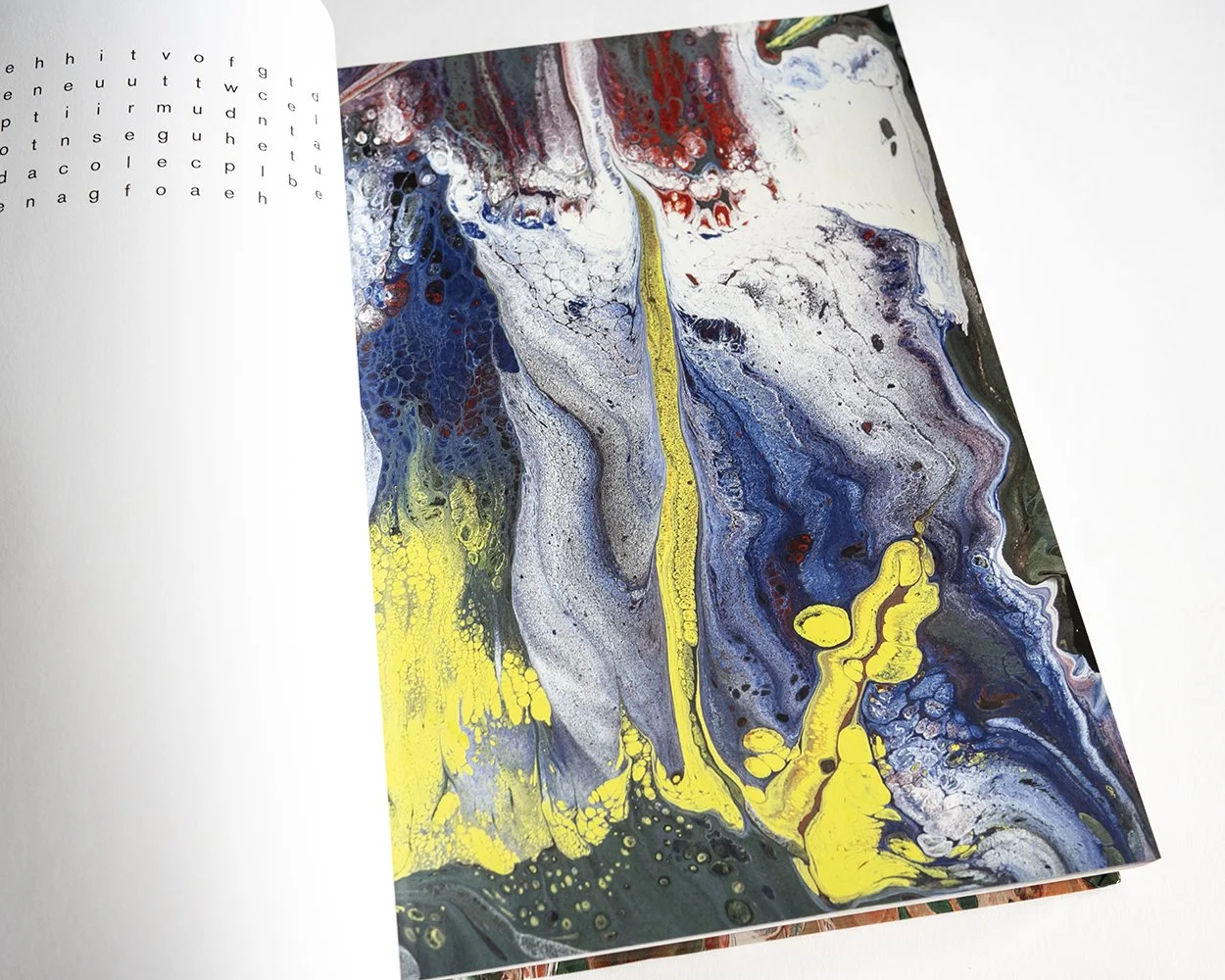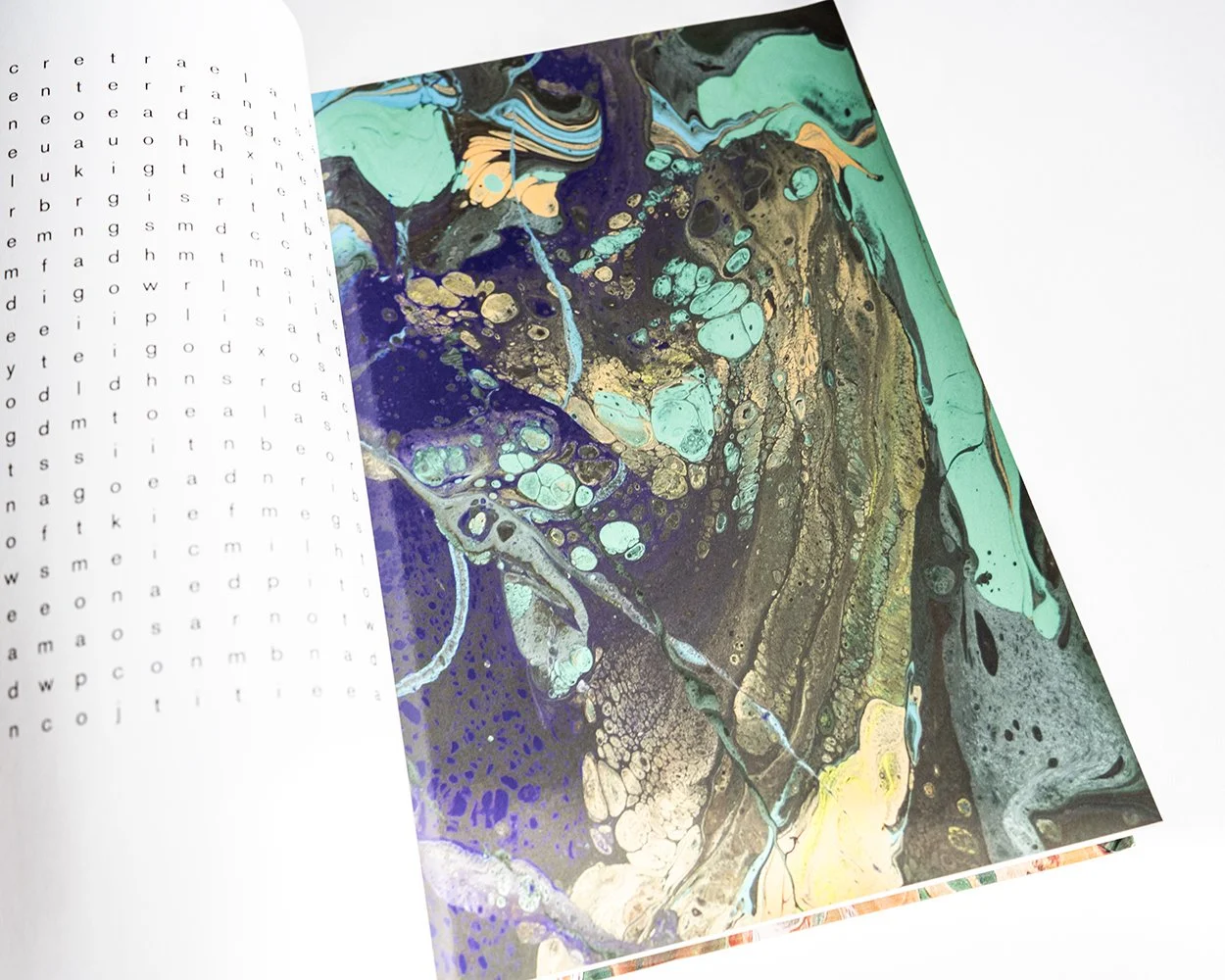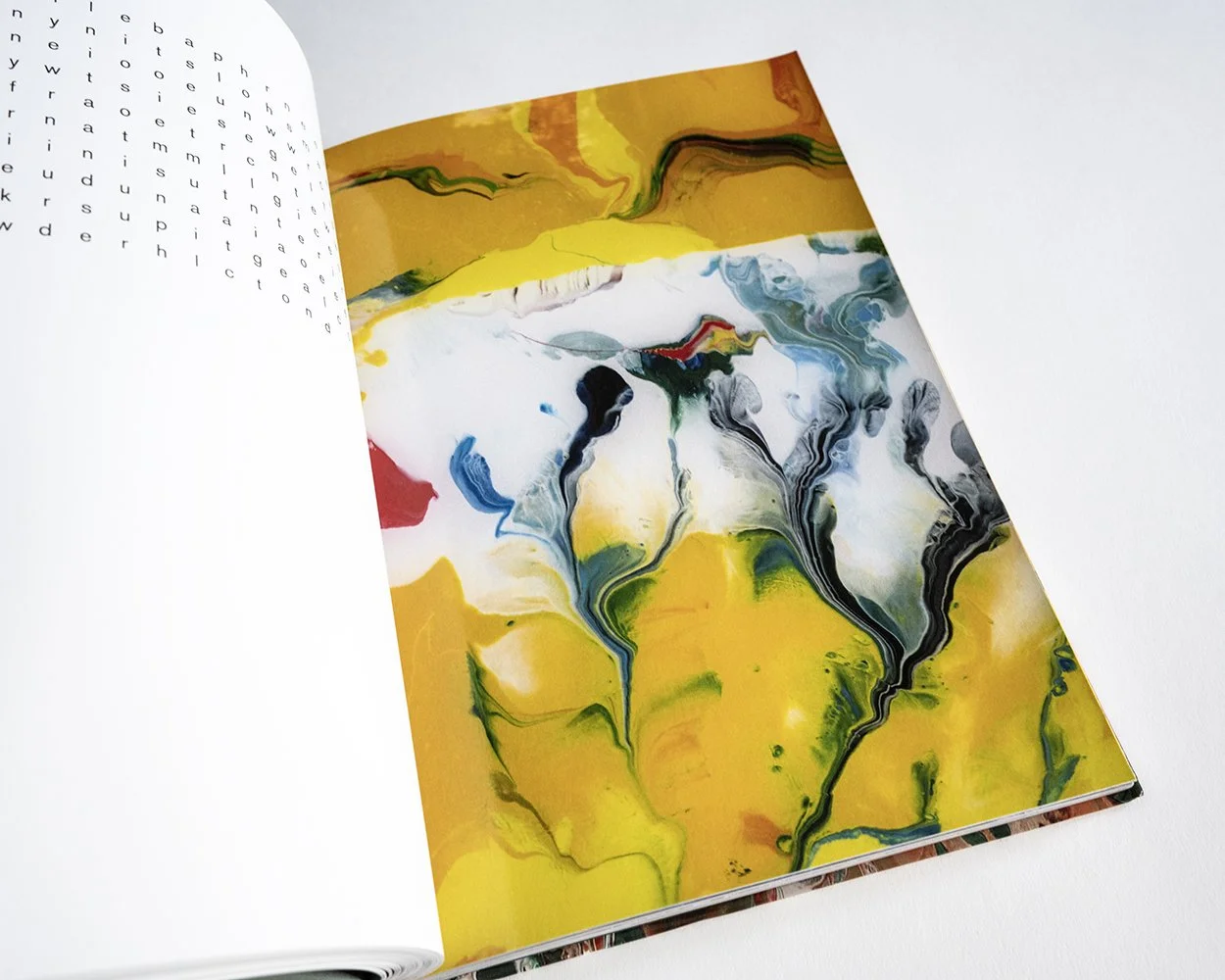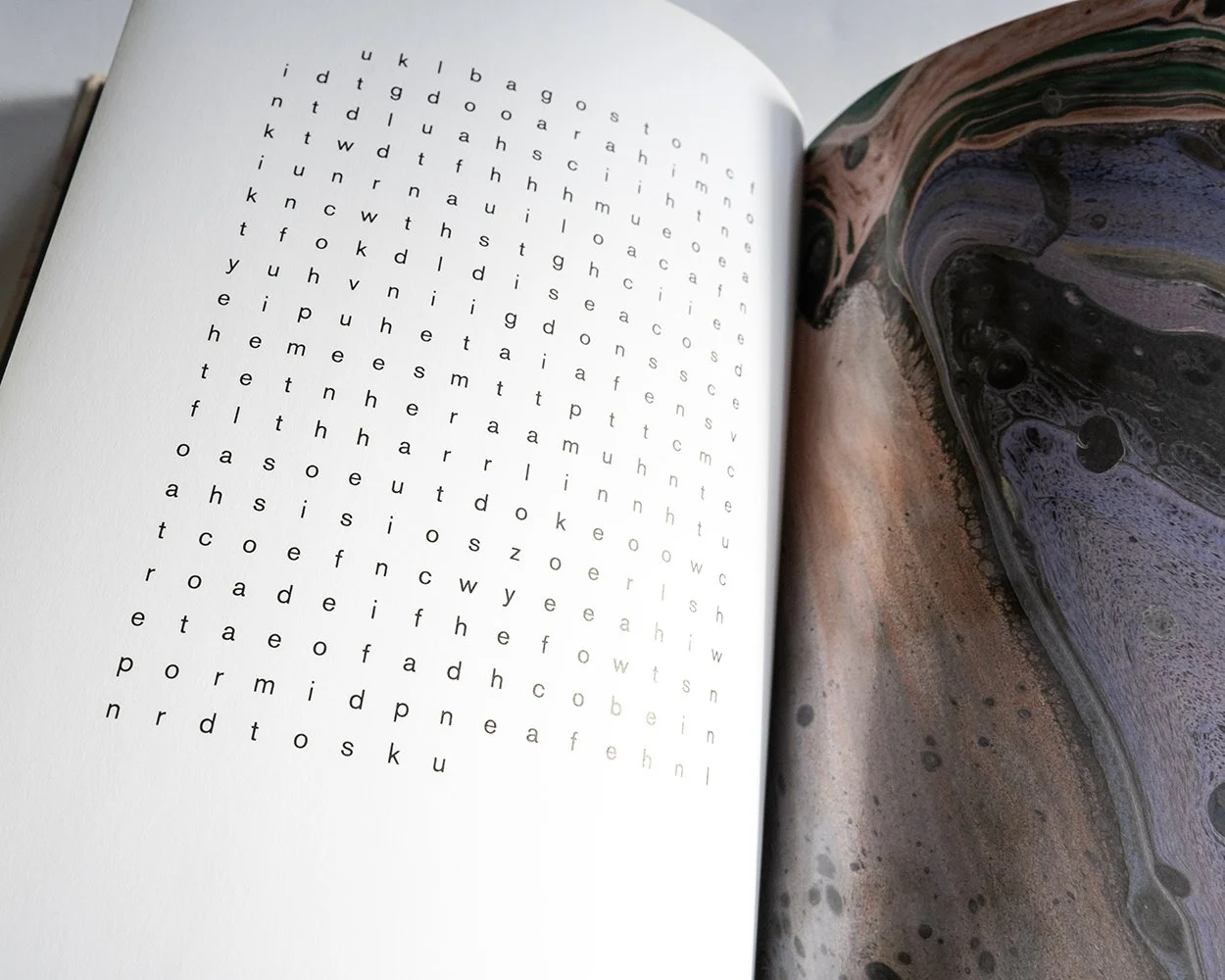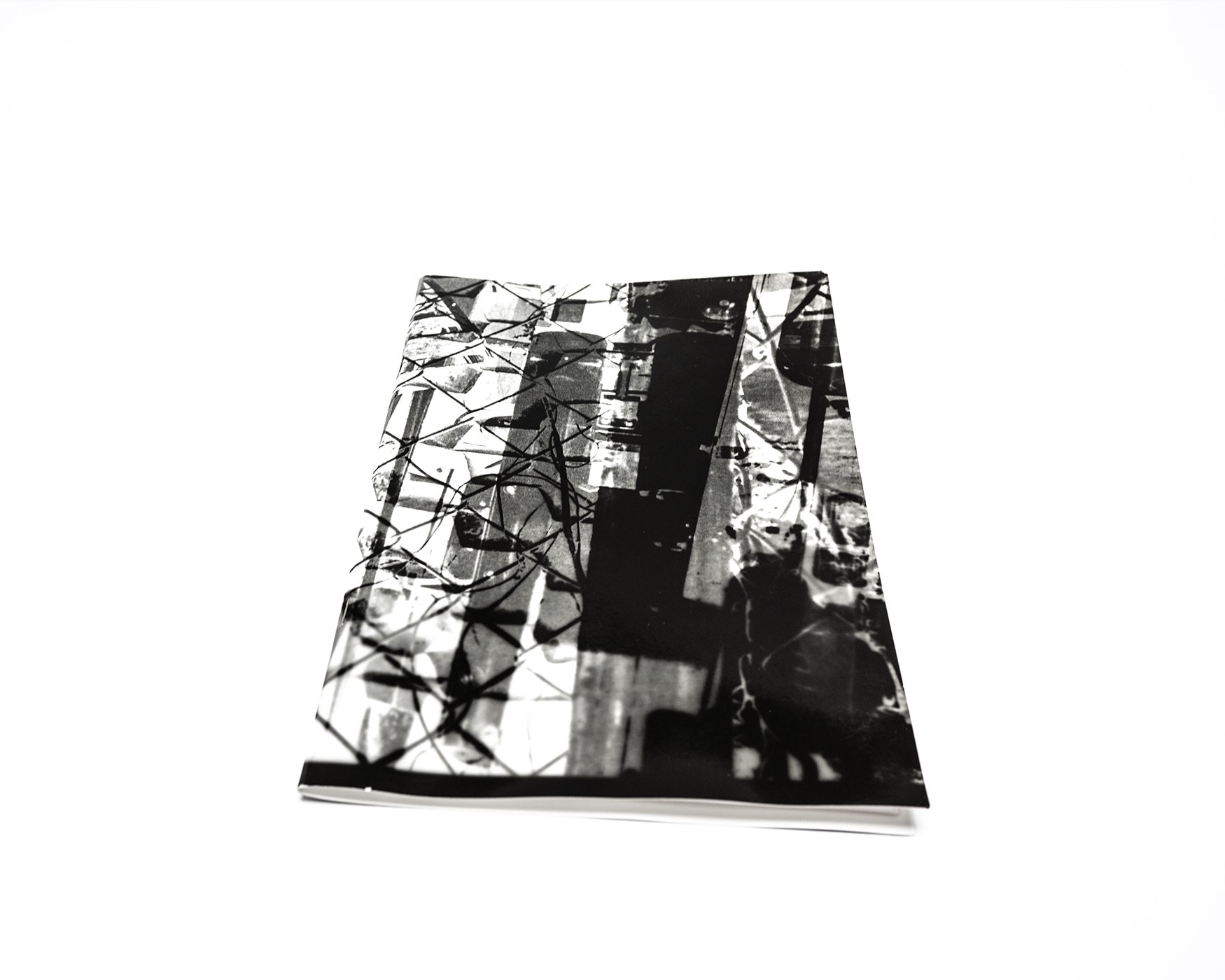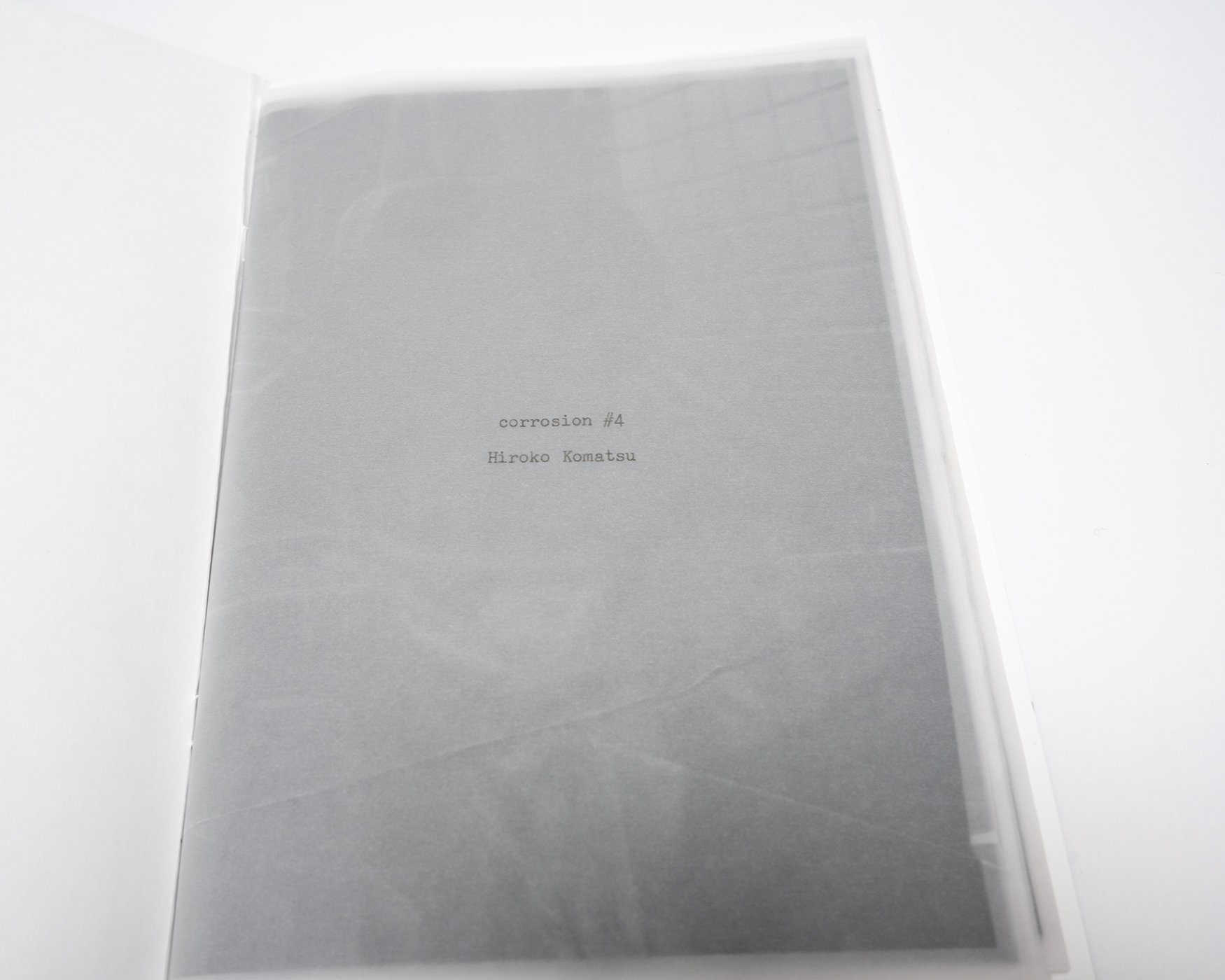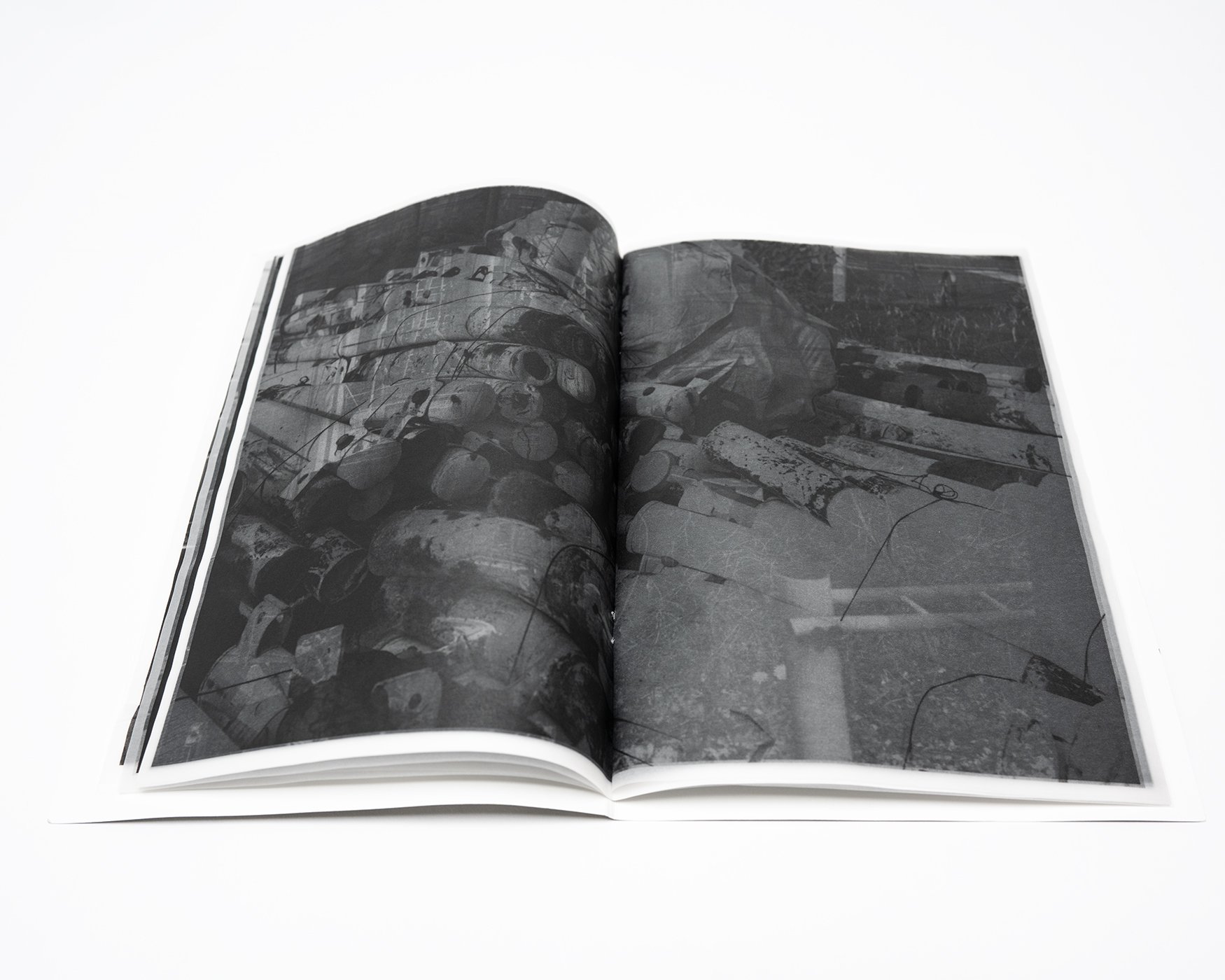 Image 1 of 11
Image 1 of 11

 Image 2 of 11
Image 2 of 11

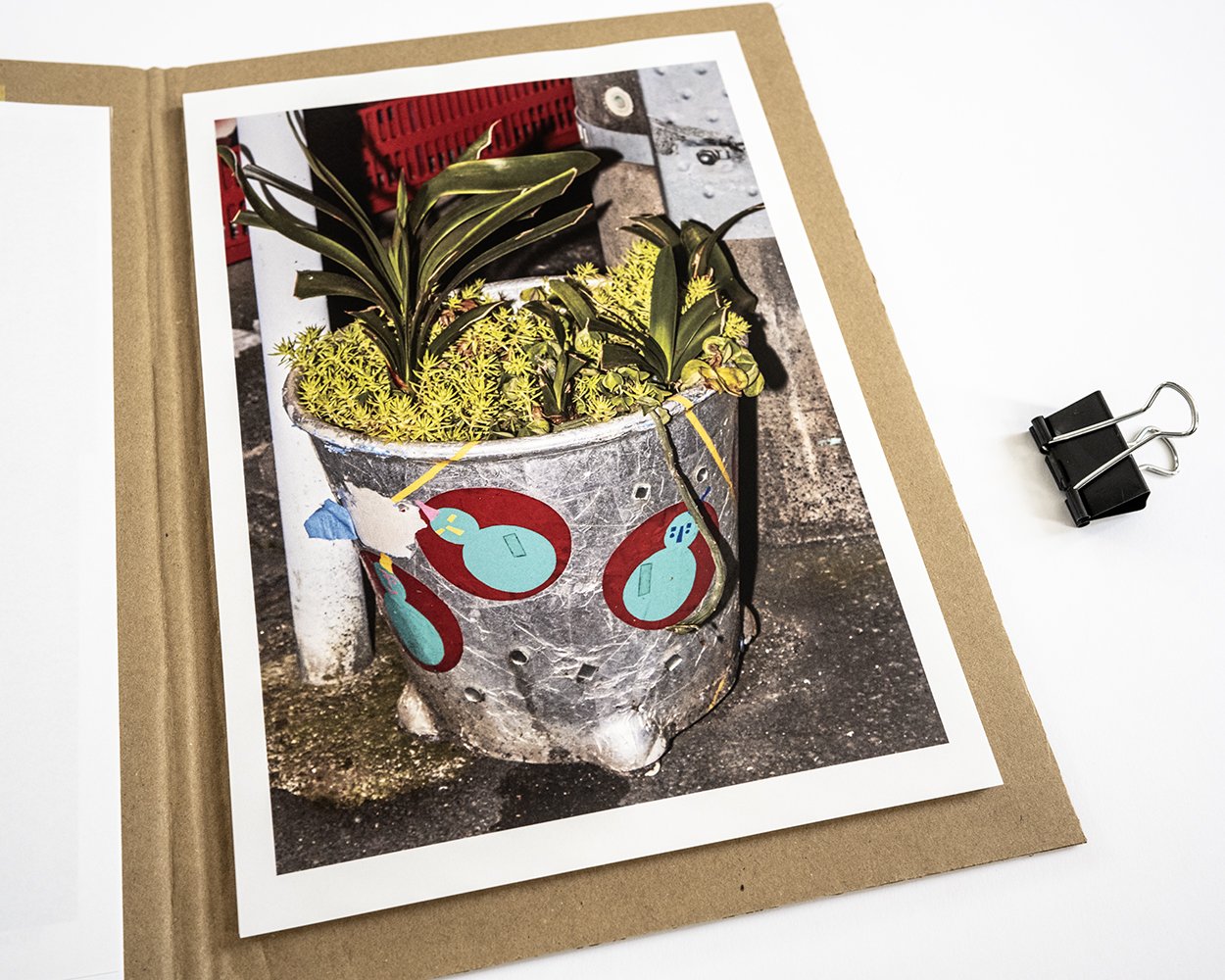 Image 3 of 11
Image 3 of 11

 Image 4 of 11
Image 4 of 11

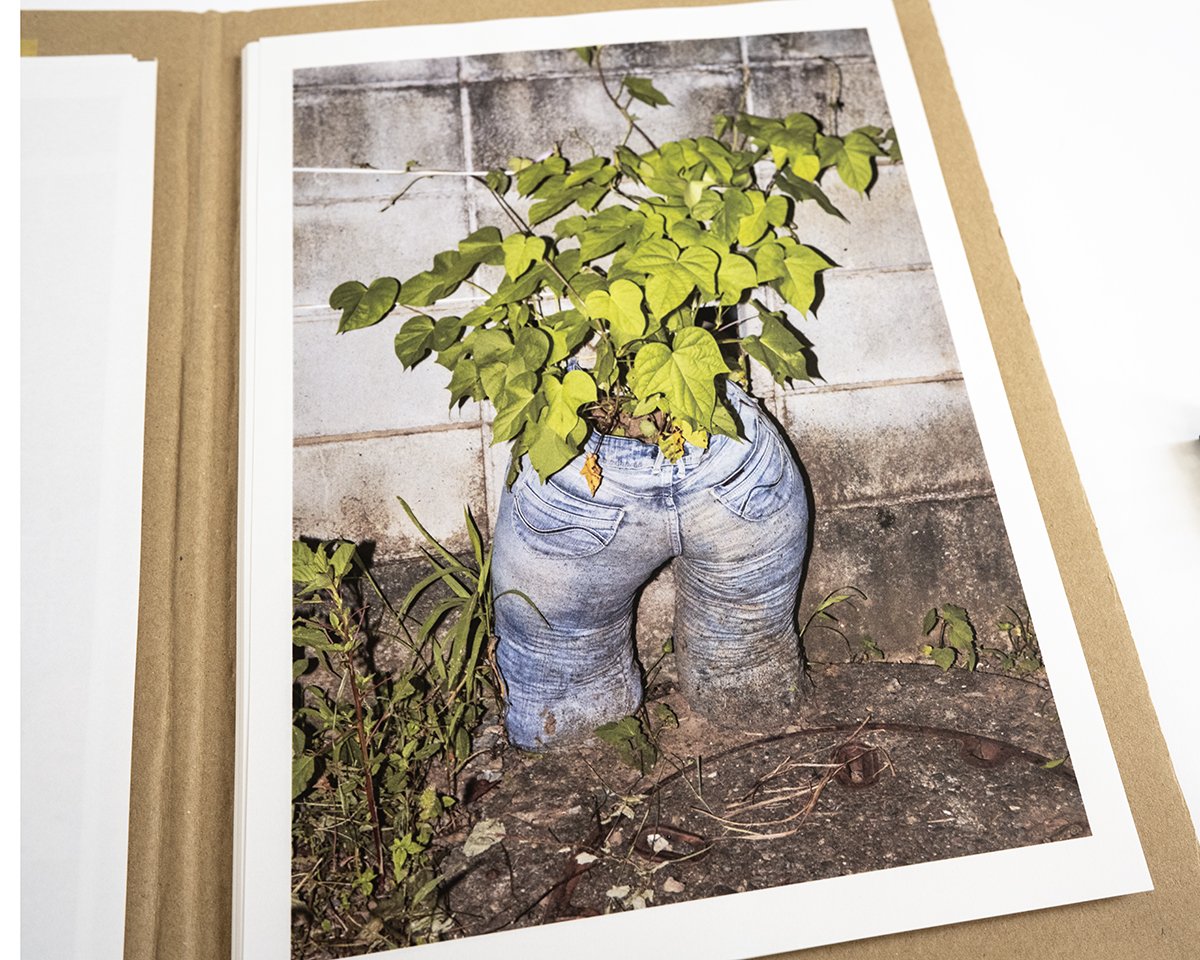 Image 5 of 11
Image 5 of 11

 Image 6 of 11
Image 6 of 11

 Image 7 of 11
Image 7 of 11

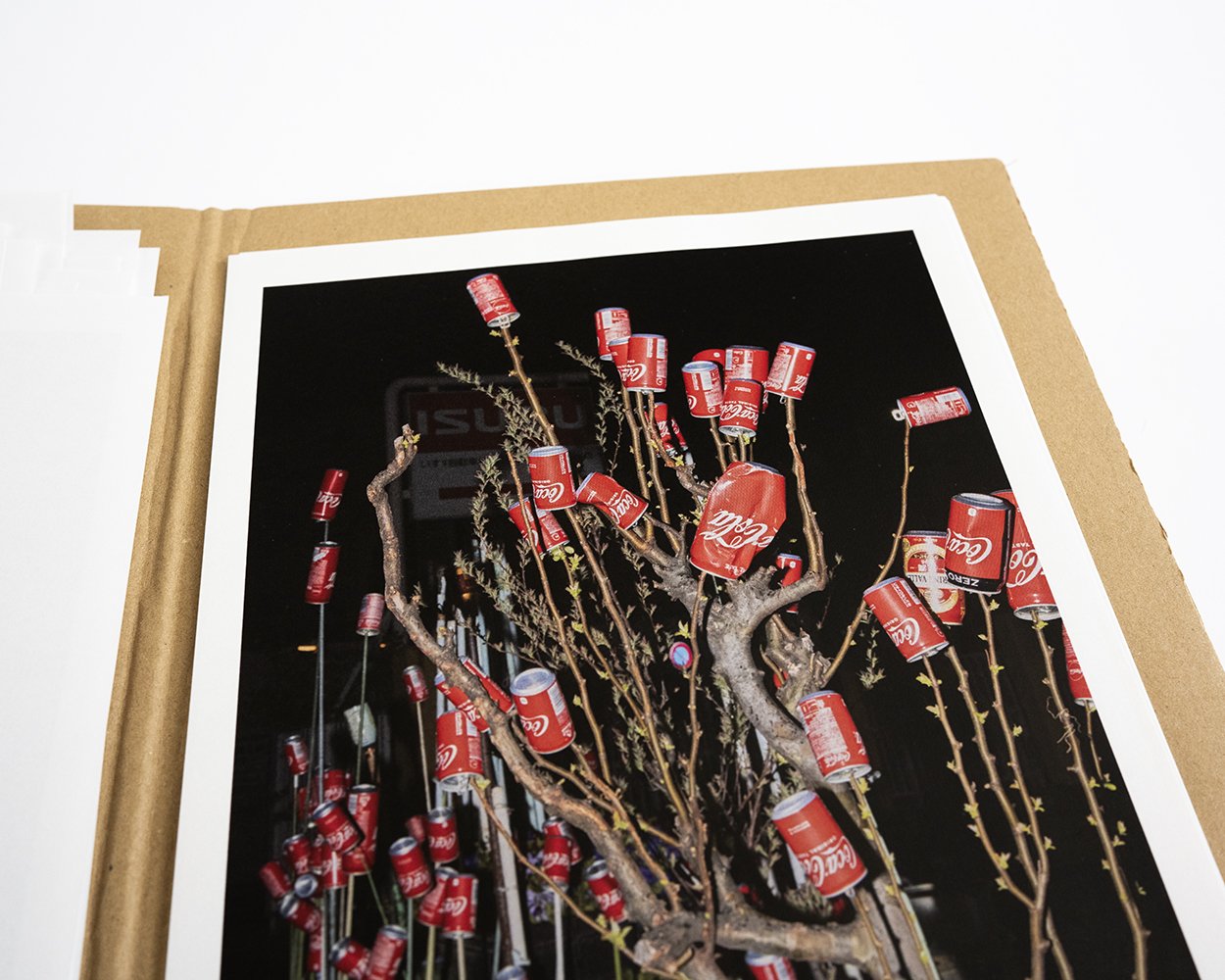 Image 8 of 11
Image 8 of 11

 Image 9 of 11
Image 9 of 11

 Image 10 of 11
Image 10 of 11

 Image 11 of 11
Image 11 of 11












Duct Tape Can Fix Your House by Kohei Maekawa + One 5 × 3.5 inches print)
Photography & Text: Kohei Maekawa
Publisher: Self-published
Size: 11.5 × 8 inches
Contents: 33 laser-printed pages + 1 original 5 × 3.5 inches print
Packaging: Cardboard cover, clip bound
Edition: Limited to 150 copies
About the Author:
Kohei Maekawa is a Japanese photographer who started in 2018 while delivering pizza. His project "Yard" features strange objects found during deliveries and includes 26 works in the Kiyosato Museum of Photographic Arts. Maekawa has also self-published and exhibited his series "Yard" and "Carved Land," which showcases eerie scarecrows in rural areas. His photography, often taken at night with flash, aims to highlight the unseen beauty in his subjects, requiring deep attention to appreciate.
About the Book:
This is Kohhei Maekawa's third book, "Duct Tape Can Fix Your House". It offers a raw and captivating glimpse into seven years of delivery work in the messy, forgotten alleyways outside Tokyo.
Through vivid photographs and thoughtful observations, the book uncovers an unexpected beauty in the bizarre: a house wrapped entirely in duct tape, a mannequin’s neck discarded near vending machines, and a bike adorned with countless empty cans.
These strange and overlooked creations, born out of necessity, are both absurd and fascinating—a window into suburban life that exists far from the polished pages of a tour guide. With a keen eye for the raw and handmade, Maekawa documents these "things being" as powerful proof of human ingenuity, resilience, and the art of survival in the most unexpected places.
Photography & Text: Kohei Maekawa
Publisher: Self-published
Size: 11.5 × 8 inches
Contents: 33 laser-printed pages + 1 original 5 × 3.5 inches print
Packaging: Cardboard cover, clip bound
Edition: Limited to 150 copies
About the Author:
Kohei Maekawa is a Japanese photographer who started in 2018 while delivering pizza. His project "Yard" features strange objects found during deliveries and includes 26 works in the Kiyosato Museum of Photographic Arts. Maekawa has also self-published and exhibited his series "Yard" and "Carved Land," which showcases eerie scarecrows in rural areas. His photography, often taken at night with flash, aims to highlight the unseen beauty in his subjects, requiring deep attention to appreciate.
About the Book:
This is Kohhei Maekawa's third book, "Duct Tape Can Fix Your House". It offers a raw and captivating glimpse into seven years of delivery work in the messy, forgotten alleyways outside Tokyo.
Through vivid photographs and thoughtful observations, the book uncovers an unexpected beauty in the bizarre: a house wrapped entirely in duct tape, a mannequin’s neck discarded near vending machines, and a bike adorned with countless empty cans.
These strange and overlooked creations, born out of necessity, are both absurd and fascinating—a window into suburban life that exists far from the polished pages of a tour guide. With a keen eye for the raw and handmade, Maekawa documents these "things being" as powerful proof of human ingenuity, resilience, and the art of survival in the most unexpected places.
